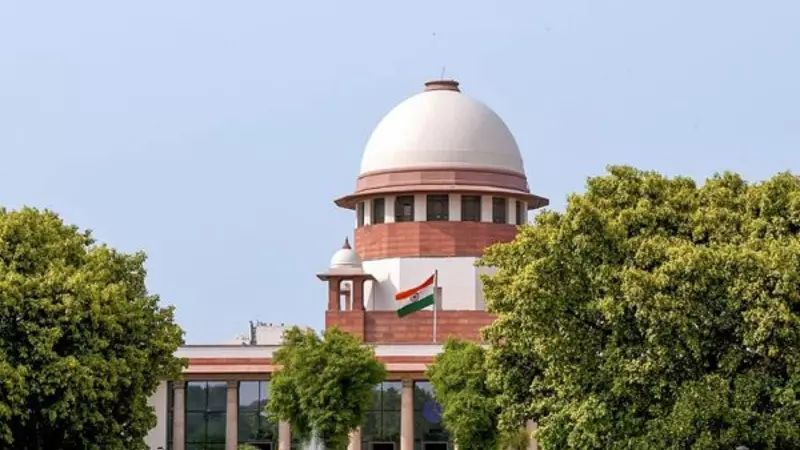
In a significant legal development, the Supreme Court of India has delivered a stern rebuke to the Central Government, dismissing its plea against a Calcutta High Court order that mandated the implementation of the Mahatma Gandhi National Rural Employment Guarantee Act (MGNREGA) in West Bengal.
Court Questions Centre's Selective Approach
The apex court bench, comprising Justices B R Gavai and K V Viswanathan, raised serious questions about the Centre's pattern of fund allocation. The judges pointedly asked why funds were being released to other states while being withheld from West Bengal, describing the approach as appearing 'prima facie arbitrary.'
Background of the Legal Battle
The controversy stems from the Centre's decision to halt MGNREGA funds to West Bengal, citing alleged irregularities in the scheme's implementation. The Calcutta High Court had previously directed the Centre to release funds and implement the rural employment guarantee scheme in the state, a decision that the Central Government challenged in the Supreme Court.
Key Observations from the Bench
During the hearing, the Supreme Court made several crucial observations:
- Questioned the selective release of MGNREGA funds to different states
- Noted the prima facie arbitrary nature of the Centre's approach
- Emphasized the importance of the employment guarantee scheme for rural workers
- Refused to interfere with the Calcutta High Court's order
Implications for West Bengal
This Supreme Court decision comes as a major relief for millions of rural workers in West Bengal who depend on MGNREGA for their livelihood. The ruling ensures that the rural employment guarantee scheme will continue to operate in the state, providing crucial financial support to agricultural laborers and rural households.
The court's strong observations about the Centre's fund allocation pattern set an important precedent for how central schemes should be implemented across states without apparent discrimination.





